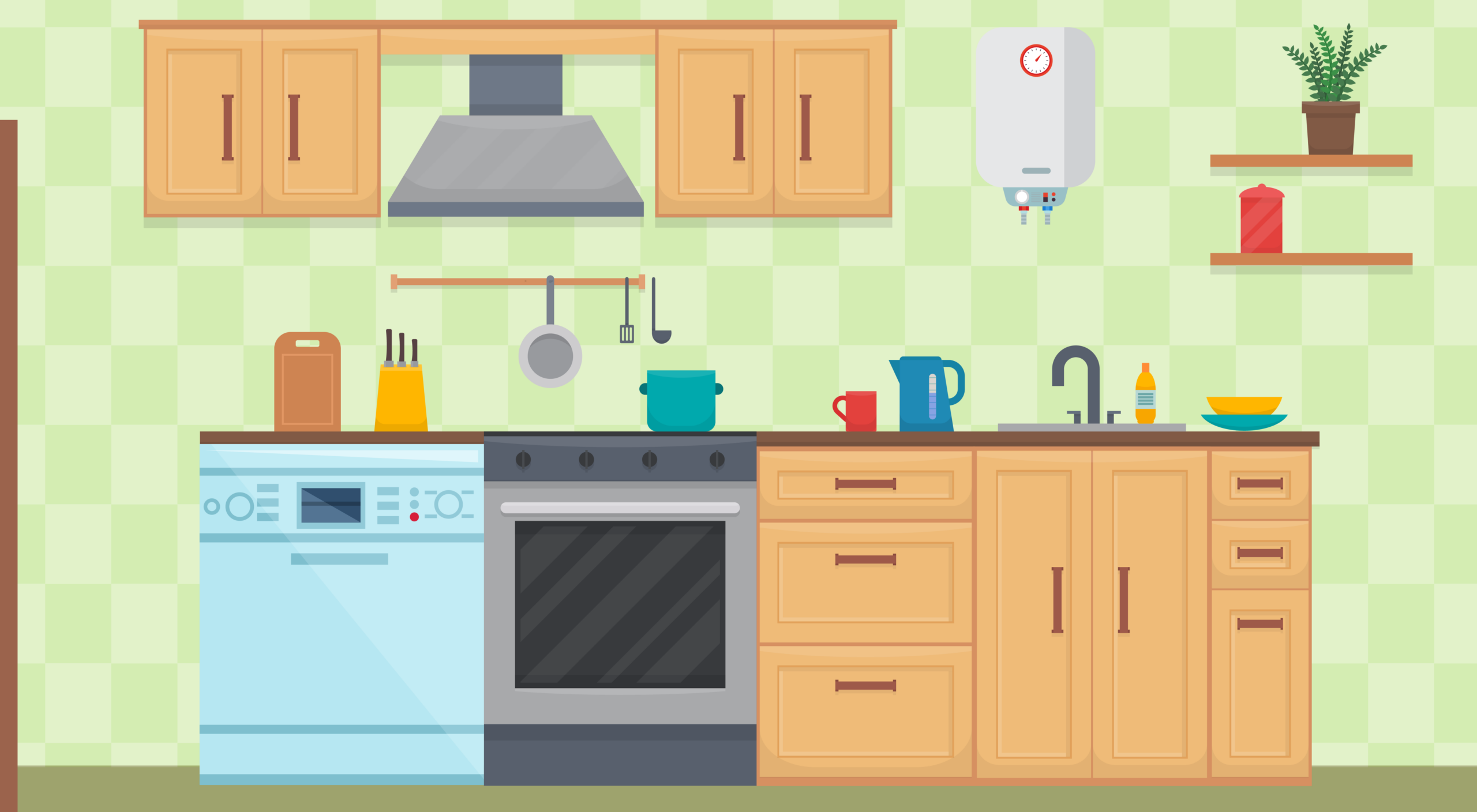
- Wash loads when at full capacity; Use fast/eco wash programmes when possible.
- Dishwashers typically use less water than washing dishes by hand. Energy Star dishwashers save even more water and energy. If your dishwasher is new, cut back on rinsing. Newer models clean more thoroughly than older ones.
- Select the proper pan size for cooking. Large pans may require more cooking water than necessary.
- Cook food in as little water as possible. This also helps it retain more nutrients.
Designate one glass for your drinking water each day, or refill a water bottle. This will cut down on the number of glasses to wash.
Install a small water heater near your kitchen sink so you don’t have to run the water while it heats up. This also reduces energy costs.
- When washing dishes by hand, don’t let the water run. Fill one basin with wash water and the other with rinse water.
- Soak pots and pans instead of letting the water run while you scrape them clean.
- Wash your fruits and vegetables in a pan of water instead of under running water from the tap.
Reuse leftover water from cooked or steamed foods or when rinsing vegetables to water plants.
Buy an aerator for each of your household taps. The aerator spreads the stream of water coming out of your tap into tiny droplets. This will prevent splashing and save water, and it will increase your water pressure.
Other tips from the Kitchen
Don’t use running water to thaw food. For water efficiency and food safety, plan ahead and defrost food in the refrigerator.
Scrape dishes rather than rinsing them before washing.
If you accidentally drop ice cubes, don’t throw them in the sink. Drop them in a house plant instead.


